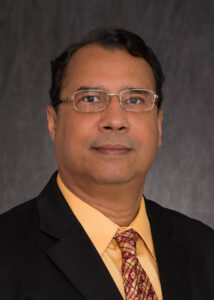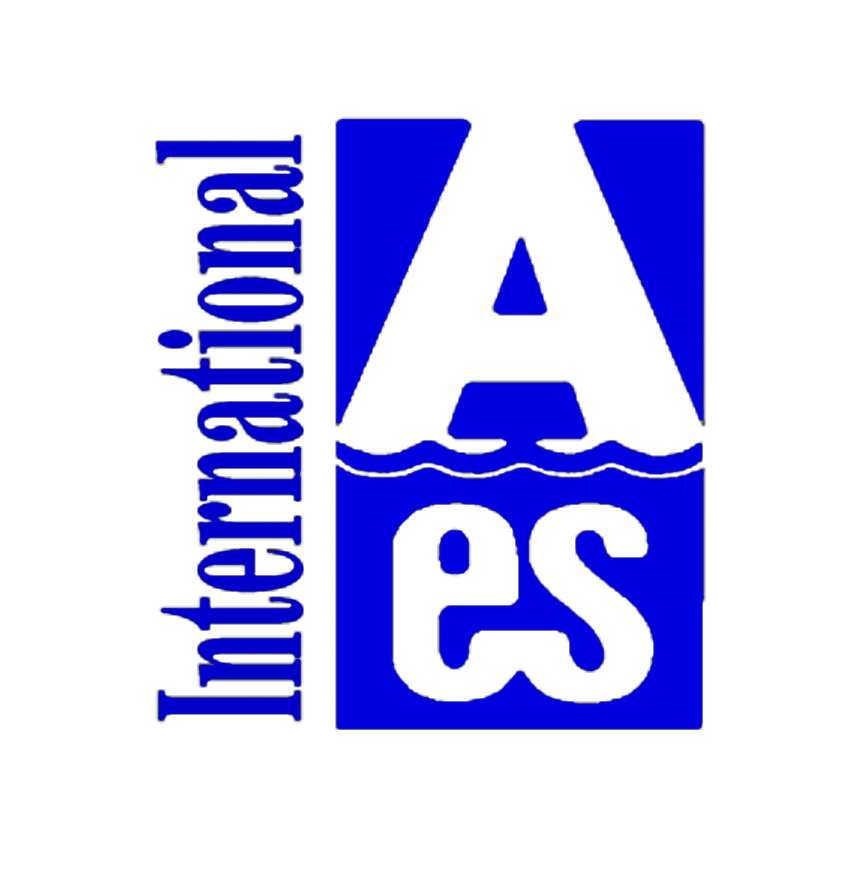Dr. Kalyan (Kal) Chakraborty

Dr. Kalyan (Kal) Chakraborty
Dr. Kalyan (Kal) Chakraborty is an Economics Professor at the College of Business, Lamar University, Texas. Professor Chakraborty earned his PhD in Economics from Utah State University and earned an M.S. degree in Agricultural and Applied Economics from the University of Nevada, Reno. Before he came to the U.S., Dr. Chakraborty had an M.A. degree in Economics, a Law Degree, and a Diploma in Management from India. He has a long teaching and research career spanning over 25 years. Before he joined Lamar University, he was a Visiting Professor at Emory University (GA) and the University of Tampa (FL). He also worked at Emporia State University (KS), Northern State University (SD) and as an Associate Director and Senior Research Scientist at the Haas Center for Research at the University of West Florida.
Dr. Chakraborty’s research interests are diverse, such as applied microeconomics, economics of public education, regional economics, resource and recreational economics, insurance economics, health economics, and biotechnology and policy. Dr. Chakraborty has published extensively in various national and international peer-reviewed journals, such as Applied Economics, Applied Econometrics, Australian Economic Papers, Contemporary Economic Policy, Economics Letters, the International Journal of Applied Economics, Journal of Forest Science, Southern Economic Journal, International Advances in Economics Research and the Atlantic Economic Journal. Dr. Chakraborty received the Best Paper Award from the Atlantic Economic Journal in 2018. Dr. Chakraborty serves as a reviewer for several peer reviewed journals.
If you recall, what influenced your decision to become a member of the International Atlantic Economic Society?
Soon after I finished my Ph.D. in 1998, I was eager to present my dissertation paper at a conference and my advisor suggested I become a member of the IAES. He said the opportunity to build a network, interact with international scholars, and become a volunteer is much greater in IAES since the association holds two conferences in each year, one in the U.S. and the other abroad. I presented my paper for the first time at the 1998 IAES conference in Boston. Since then, I have presented my papers several times at the IAES conferences at home and abroad, and have published articles in both the Atlantic Economic Journal and International Advances in Economic Research. I am a member of several professional organizations, and I found the editorial team, the reviewers, and the IAES officers in IAES are friendlier than many other associations.
What types of projects/research are you currently working on and what inspired/motivated you to pursue these interests?
One of my current research projects investigates the relationship between quality of education and economic growth using data from 53 countries over 40 years. The study found that when human capital is measured by skill and learning outcomes (instead of years of schooling), it is strongly associated with economic growth. I am always motivated to know how children develop their cognitive skills and later become productive workers (human capital) that raise the GDP of a nation. My major motivation for this study is the availability of quality adjusted learning outcome data for many countries over a long period of time. Researchers at the World Bank and United Nations have recently developed a dataset that I am using in my research. Also, my Ph.D. dissertation was on the economics of public education.
The other research project I am working on is in the field of health economics. The research provides evidence on the combined effect of state-level minimum wages and Earned Income Tax Credit (EITC) benefits on food insecurity. The analysis reveals the presence of joint effects of the two programs in terms of reducing food insecurity.
What advice would you give to someone who is considering entering your line of work/field of study?
For the young scholars who are considering entering my line of work, I would suggest choosing the economics of education as a sub-field, as you can really dive into the deep. It seems some new horizons for research are opening up almost every year in every sub field. Hence, desire to learn, explore, and experiment should be continuous. Vast amounts of data for research are now available. Using these data will generate many exciting results in the future, no matter what field of economics one chooses. In the field of public education, presenting the research results, especially on early childhood education and how children learn, would be interesting and valuable to our society.
Going forward, what other projects/research are you planning or hoping to pursue?
I am interested in another project that investigates the impact of generous paid family leave on the health and wellbeing of both the newborn and mother. The study will use state-level panel data from the U.S. using difference-in-difference models to examine the impact of generous paid family leave on health outcomes, the labor force participation rate of mothers, expenditure on food, and improved physical health.
What’s your favorite hobby?
My favorite hobbies are travel and doing exercise. I love to share my knowledge and am eager to learn from others.

